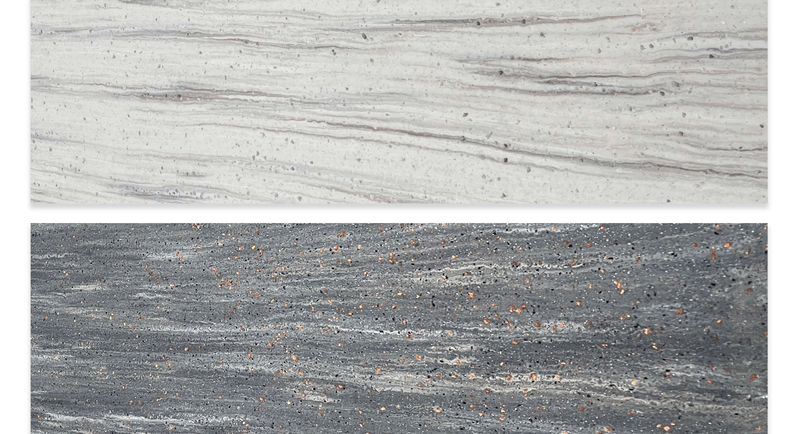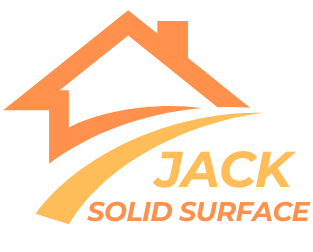What Is Solid Surface and Why It’s Ideal for Modern Interiors
In the world of modern interior design, surface materials play a crucial role in determining not just the visual appeal of a space, but also its functionality, durability, and maintenance requirements. One material that has become a favorite among architects, designers, and homeowners alike is solid surface. But what exactly is solid surface, and why has it earned such a strong reputation in the construction and design industry?
7/9/20212 min read


Introduction
In the world of modern interior design, surface materials play a crucial role in determining not just the visual appeal of a space, but also its functionality, durability, and maintenance requirements. One material that has become a favorite among architects, designers, and homeowners alike is solid surface. But what exactly is solid surface, and why has it earned such a strong reputation in the construction and design industry?
What Is Solid Surface?
Solid surface is an advanced man-made surfacing material primarily composed of acrylic resins, polyester resins, and natural mineral fillers. It was originally developed in the 1960s as an alternative to natural stone, offering the beauty of stone but with greater flexibility and repairability. Unlike natural stone, solid surface can be thermoformed, seamlessly joined, and easily refinished, making it a versatile choice for a wide range of applications.
How It’s Made
Solid surface sheets are manufactured in controlled environments to ensure consistency in color, texture, and physical performance. Pigments and mineral fillers are mixed with resin to create a homogeneous material, which is then poured into molds and cured under specific temperatures. The result is a non-porous, durable, and customizable sheet that can be cut, shaped, and bonded into virtually any design.
Key Advantages of Solid Surface
Non-Porous & Hygienic
Solid surface does not absorb liquids, making it highly resistant to stains, bacteria, and mold growth. This makes it ideal for kitchens, bathrooms, and healthcare environments.
Seamless Appearance
Using color-matched adhesives, solid surface sheets can be bonded together to create invisible joints, producing a smooth, continuous surface.
Repairable & Renewable
Scratches, chips, and burns can often be sanded or polished out, restoring the original beauty of the material without full replacement.
Design Flexibility
It can be cut into any shape, thermoformed into curves, or integrated with sinks and backsplashes for a unified look.
Color and Pattern Variety
Available in an extensive range of colors, from solid tones to marble-like veining, allowing it to complement any interior style.
Common Applications
Kitchen Countertops – Easy to clean, integrated sinks, and seamless backsplashes.
Bathroom Vanities – Moisture-resistant and stylish.
Commercial Reception Desks – Custom shapes and branding possibilities.
Wall Cladding – Hygienic and decorative for hospitals and restaurants.
Furniture – Conference tables, dining tables, and retail display units.
Why Designers and Builders Choose Solid Surface
For modern interiors, solid surface offers a perfect balance between beauty, practicality, and cost-effectiveness. It meets the high demands of commercial projects while providing the aesthetic flexibility that designers crave. Its ability to be customized, repaired, and maintained over time makes it a long-term investment for both residential and commercial spaces.
Conclusion
Solid surface is more than just another countertop material — it’s a design solution. Whether you’re outfitting a home kitchen, a luxury hotel, or a busy hospital, solid surface delivers performance, hygiene, and elegance in one package. If you value durability, seamless design, and customization, it’s hard to beat the versatility of solid surface.
Premium Solid Surface Sheets for Kitchens, Bathrooms & Commercial Spaces.
Contact:
jacksolidsurface@gmail.com
+8613686659250
© 2025. All rights reserved.


